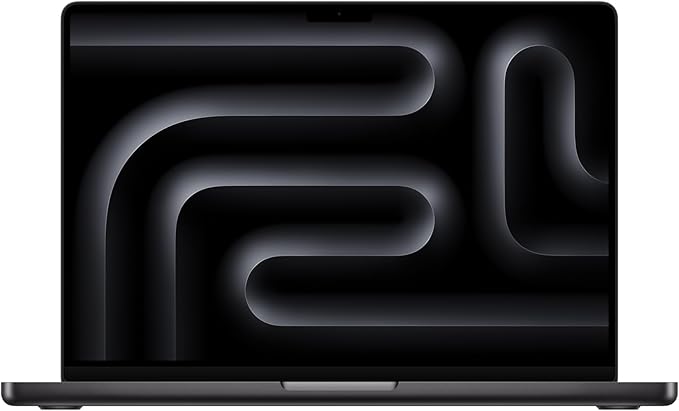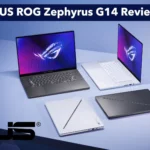If you’re a biology student, you already know how much your laptop matters. It’s not just for writing lab reports—it’s your partner in research, note-taking, running simulations, analyzing data, and maybe even binge-watching a show after class. The right laptop should be light enough to carry between labs, tough enough to handle fieldwork, and powerful enough to crunch through large datasets without slowing you down.
This guide walks you through the best laptops for biology majors in 2025, based on real student needs: portability, battery life, software compatibility, and of course, budget. We’ll also compare specs, share pros and cons, and give practical buying tips.
Why Biology Students Need Specific Features
Studying biology means balancing lectures, labs, and sometimes field trips. Here’s what really matters when buying a laptop for this major:
- Portability: Lightweight models save your back when moving between labs.
- Battery Life: Long days in lecture halls or out in the field require 10+ hours of runtime.
- Performance: At least 16GB RAM and a modern CPU are essential for running R, Python, ImageJ/Fiji, and genomic software.
- Storage: 512GB SSD is the sweet spot if you’re handling imaging files or datasets.
- Durability: Accidents happen in labs; strong builds or extended warranties help.
- Software Compatibility: macOS is excellent for coding and research, but some labs still use Windows-only software.
Also Read: Best Laptops for Biomedical Engineering Students
Top 5 Laptops for Biology Majors in 2025
1. MacBook Air (M3 / M4) — Best All-Around
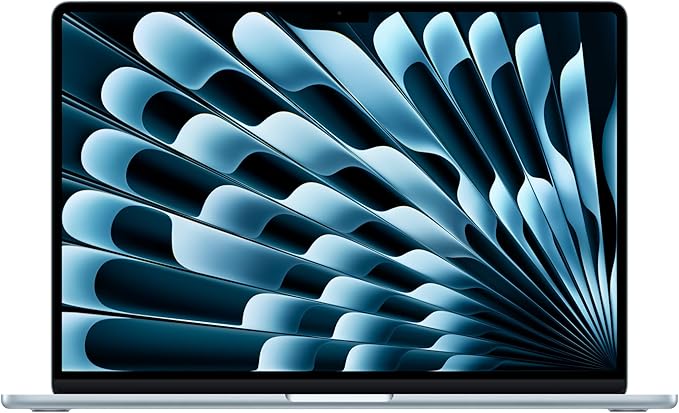
Why it’s great: Apple’s latest Air is light, powerful, and famous for all-day battery life. It handles statistics, Python, RStudio, and lab write-ups effortlessly.
- CPU: Apple M3 / M4 chip
- RAM: 16GB recommended
- Storage: 512GB SSD or higher
- Screen: 13″ Liquid Retina
- Weight: ~1.2 kg
✅ Pros:
- Superb battery (15+ hrs real use)
- Premium build, very portable
- Long software support
❌ Cons:
- macOS only (Windows-only tools require VM or extra PC)
- No RAM upgrades after purchase
2. Lenovo ThinkPad T14s Gen 6 — Best for Fieldwork
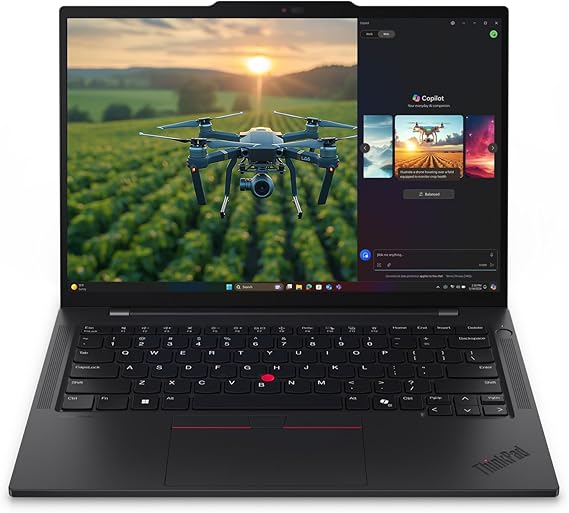
Why it’s great: ThinkPads are known for rugged builds and amazing keyboards. The T14s Gen 6 is a battery monster, with some models pushing 20+ hours on a charge—perfect for field trips.
- CPU: Intel Ultra / Snapdragon X Elite options
- RAM: 16GB–32GB
- Storage: 512GB–1TB SSD
- Screen: 14″ IPS or 2K
- Weight: ~1.2 kg
✅ Pros:
- Incredible battery life
- Military-grade durability
- Comfortable keyboard
❌ Cons:
- Soldered RAM (no upgrades)
- Snapdragon models trade peak performance for efficiency
3. Dell XPS 13 — Best Windows Ultraportable
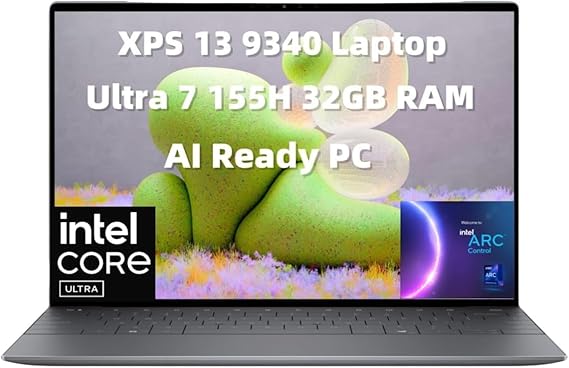
Why it’s great: A beautiful, slim Windows laptop with premium screens. Great if you want portability and style without switching to macOS.
- CPU: Intel Ultra (latest)
- RAM: 16GB (upgrade if possible)
- Storage: 512GB SSD
- Screen: 13.4″ OLED or IPS
- Weight: ~1.2 kg
✅ Pros:
- Gorgeous OLED option
- Thin and lightweight
- Solid build quality
❌ Cons:
- Few ports (dongles required)
- OLED display reduces battery runtime
4. HP Spectre x360 14 — Best 2-in-1 for Notes
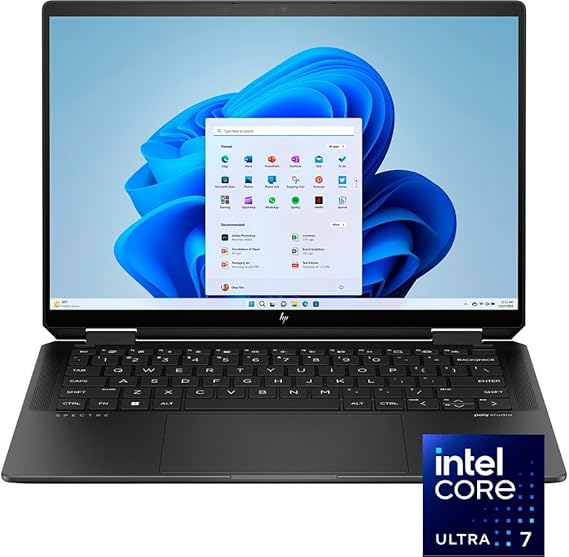
Why it’s great: This convertible lets you flip the screen into tablet mode—perfect for digital note-taking, sketching diagrams, or presenting group projects.
- CPU: Intel Core Ultra
- RAM: 16GB
- Storage: 512GB SSD
- Screen: 13.5″ OLED touch (3:2 aspect ratio)
- Weight: ~1.3 kg
✅ Pros:
- Tablet + laptop in one
- Beautiful display
- Great webcam for online classes
❌ Cons:
- A bit pricier
- Fewer ports than business laptops
5. Asus Zenbook 14 — Best Budget Pick
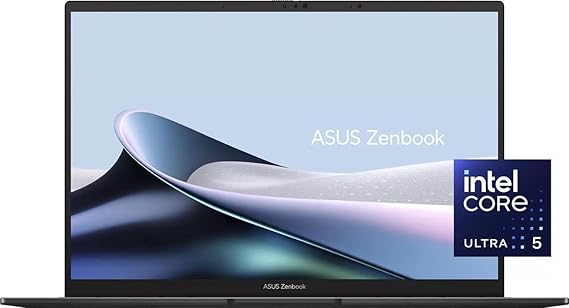
Why it’s great: Solid value with long battery life and bright OLED screens. Perfect if you’re on a student budget but still want strong performance.
- CPU: AMD Ryzen AI / Intel Ultra
- RAM: 16GB
- Storage: 512GB SSD
- Screen: 14″ OLED
- Weight: ~1.2–1.3 kg
✅ Pros:
- Affordable yet premium design
- Excellent battery (12–16 hrs)
- Light and portable
❌ Cons:
- Lower-end configs ship with just 8GB RAM
- Not as rugged as ThinkPads
Comparison Table: Best Laptops for Biology Students
| Model | CPU | RAM | Storage | Weight | Battery Life | Best For |
|---|---|---|---|---|---|---|
| MacBook Air (M3/M4) | Apple M3/M4 | 16GB | 512GB+ | ~1.2kg | 15+ hrs | All-around use |
| Lenovo ThinkPad T14s | Intel / Snapdragon | 16–32GB | 512GB+ | ~1.2kg | 20+ hrs | Fieldwork & durability |
| Dell XPS 13 | Intel Ultra | 16GB | 512GB+ | ~1.2kg | 10–13 hrs | Stylish ultraportable |
| HP Spectre x360 14 | Intel Core Ultra | 16GB | 512GB | ~1.3kg | 12+ hrs | Note-taking & 2-in-1 use |
| Asus Zenbook 14 | AMD / Intel Ultra | 16GB | 512GB | ~1.2kg | 12–16 hrs | Budget choice |
Practical Buying Tips for Biology Majors
- Always choose 16GB RAM if you can afford it. It makes a big difference when running R, Python, or multiple browser tabs.
- Go for 512GB SSD minimum. Lab reports don’t take much space, but imaging datasets do.
- Prioritize battery life. Manufacturer claims are often optimistic—check real-world reviews.
- Don’t ignore ports. Many lab instruments still use USB-A or SD cards. A hub may be essential.
- Consider warranty coverage. Labs are full of spills, drops, and accidents.
FAQs
Nope. A dedicated GPU isn’t necessary unless you’re doing heavy 3D modeling or machine learning.
Both work. macOS is great for coding and long battery life; Windows has broader compatibility with lab-specific tools.
Between $1,000–$1,500 gets you a reliable laptop with enough RAM, storage, and battery life for most biology students.

